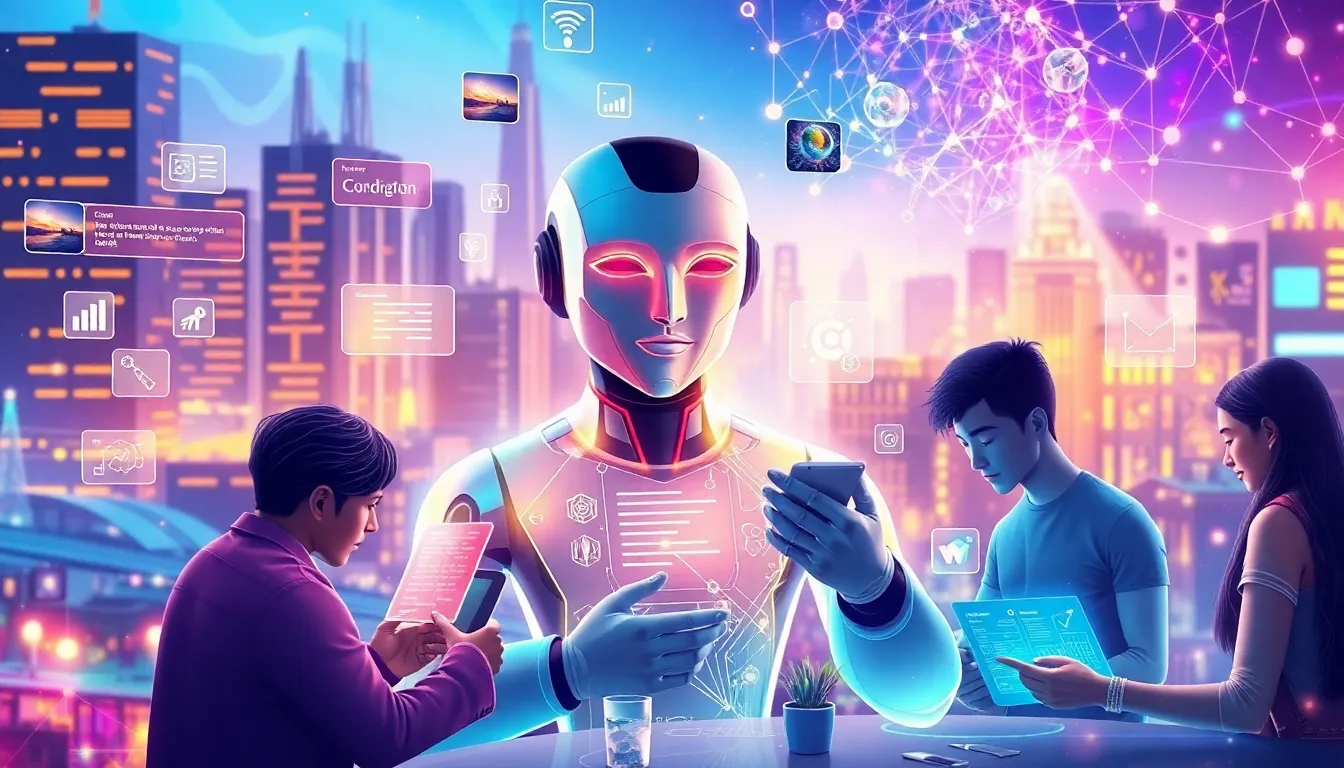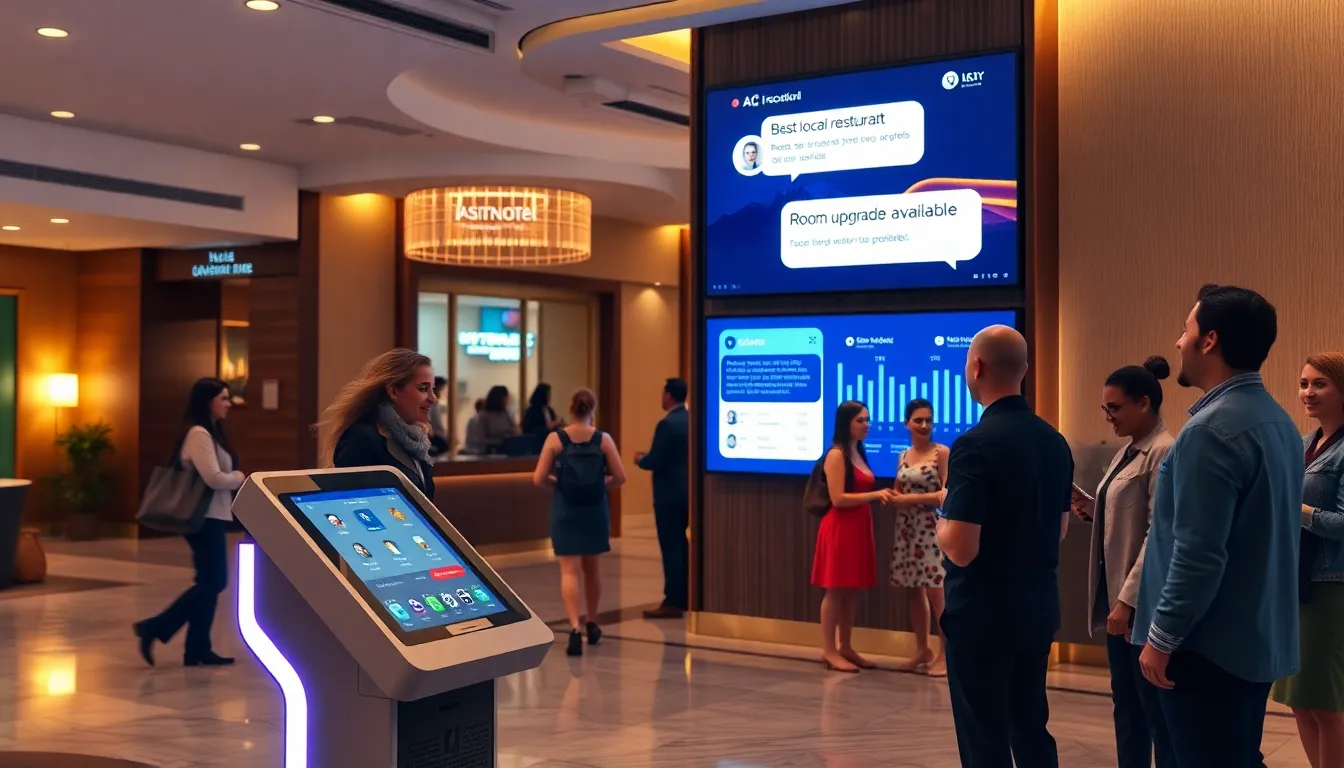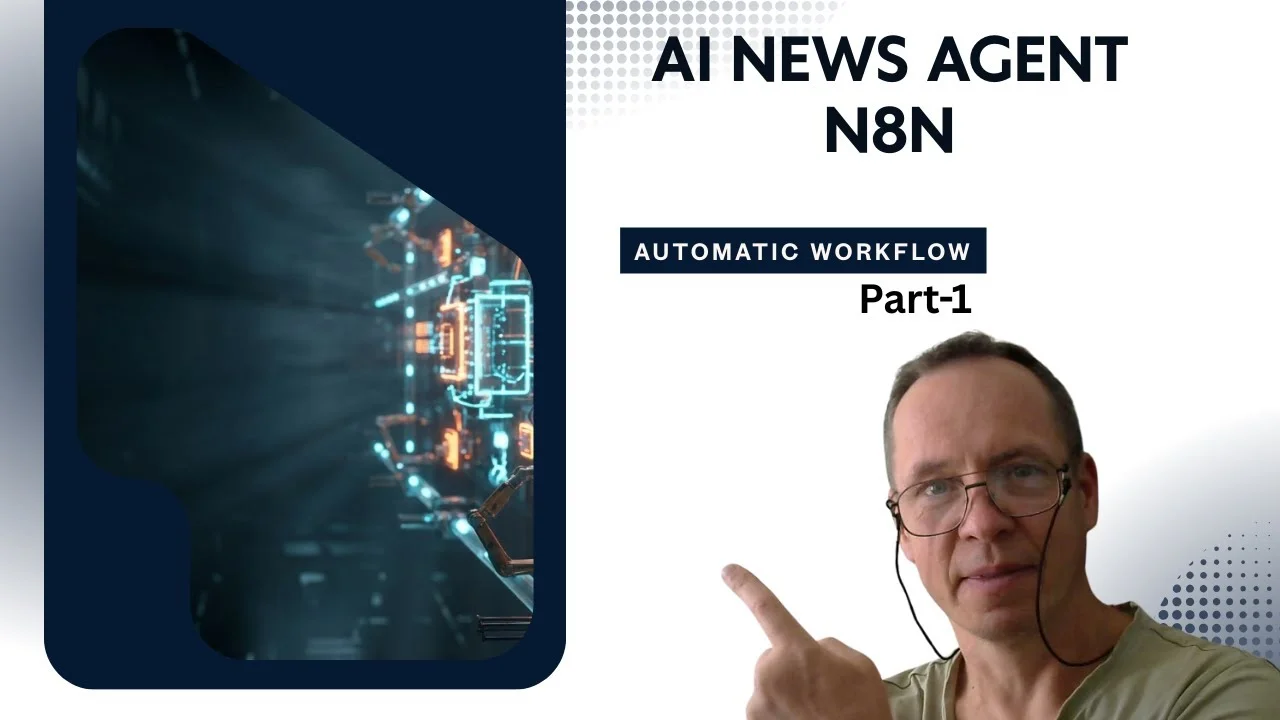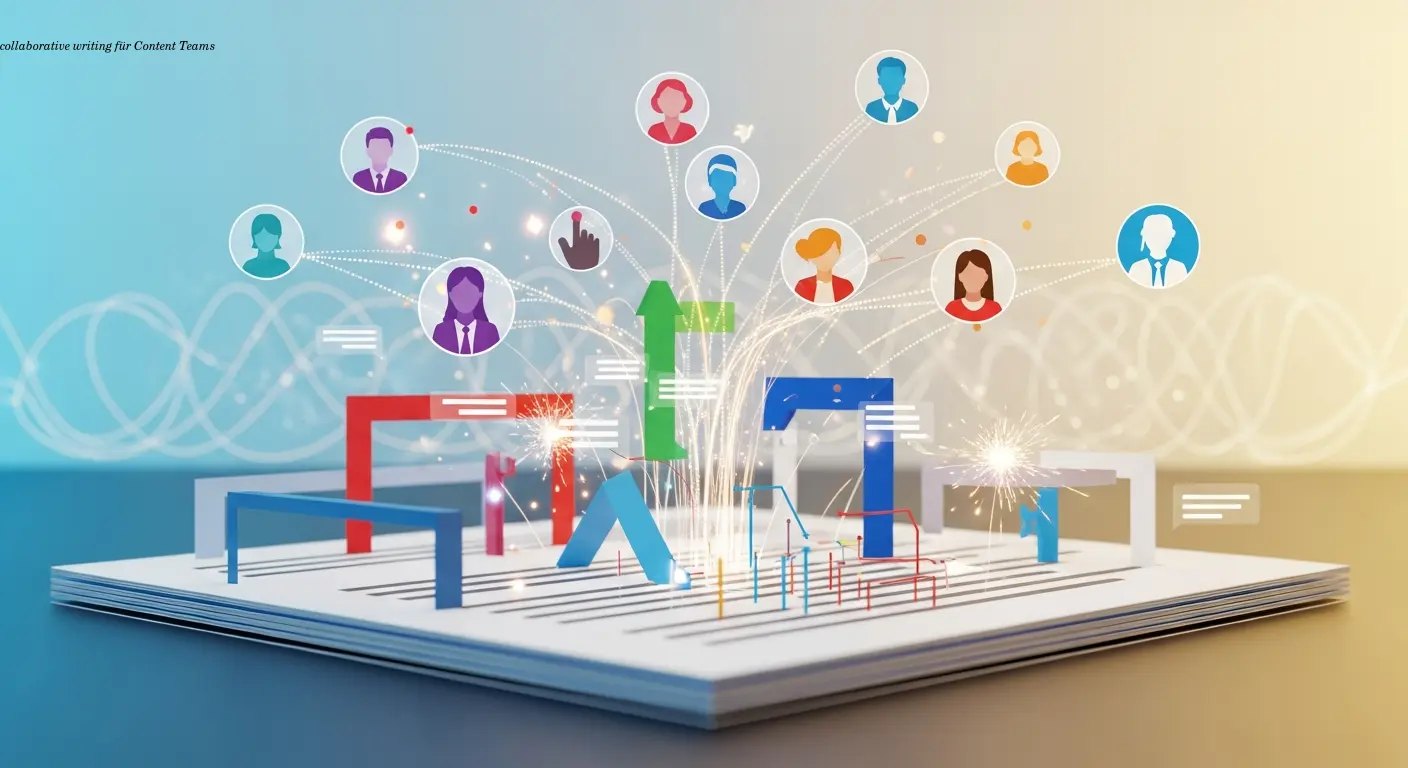
AI Hotels Automation Insights for Hotel Owners in 2025
AI for Hotels Automation in 2025: What Hotel Owners Need to Know
Estimated reading time: 8 minutes
- AI hotels automation is transforming the hospitality industry by streamlining front desk operations and enhancing guest experience.
- AI for reception in hotels includes mobile check-in, AI chatbots, and personalized guest interactions that save time and improve satisfaction.
- Automation boosts operational efficiency by handling dynamic pricing, inventory tracking, energy use, and predictive maintenance.
- Hotels adopting AI automation often see increased revenue, better sustainability, and improved staff focus on high-value tasks.
- 2025 trends point toward deeper integration of generative AI and voice assistants, making hotel automation smarter and more guest-friendly.
1. Why AI Hotels Automation Matters in 2025
In 2025, AI hotels automation isn't just a fancy add-on—it's a legit game changer for hotel owners. AI lets hotels run smoother by automating routine tasks and making services feel personal and timely. From reducing long check-in lines to managing energy use efficiently, AI is everywhere. I once spoke to a hotel manager who said their AI-powered front desk cut guest wait time in half. They were kinda skeptical at first but now swear by it.
One big deal with AI is it helps hotels compete better in a market where travelers expect quick, hassle-free experiences. Mobile check-in, digital keys, and instant chatbot help have become the norm, not the fancy option. Guests really expect these now, and if your hotel doesn't offer it, they might just go somewhere else.
At the same time, AI digs into heaps of data to help staff make smarter calls fast, not guesswork. This means managing bookings, pricing, or maintenance isn't a headache anymore. That said, some folks might worry AI feels too techy or cold, but in reality, what AI does is free up human staff so they can add the warm, personal touch where it counts.
2. AI for Reception in Hotels: Making Check-In a Breeze

If you've waited forever at a hotel reception, you'll appreciate what AI for reception in hotels does. AI allows guests to check themselves in via apps or kiosks, skipping the usual front desk line. This is huge, especially for busy hotels or travelers who want no fuss after a long trip. Some hotels using this report fewer mistakes in bookings and check-ins too.
AI chatbots now also handle questions 24/7—stuff like changing reservation details or restaurant tips. They respond instantly, kinda like texting a friend. I remember chatting with a hotel owner who said their chatbot started handling nearly 70% of guest questions, freeing up front desk staff to focus on more complex problems.
Plus, AI systems analyze guest history to suggest room upgrades or special amenities tailored to preferences. This lets hotels offer a one-of-a-kind stay that guests actually feel good about. It's smart without being pushy, which is important because guests don't wanna feel like they're being sold to all the time.
3. Dynamic Pricing and Revenue Management Powered by AI
Pricing rooms right ain't easy. Demand shifts, competitors change prices, and events pop up last minute, so hotels miss revenue if they can't keep up. That's where AI hotels automation comes in with dynamic pricing tools. These tools watch the market in real time and tweak room rates to hit the sweet spot between occupancy and profit.
I worked with a hotel group that added AI-driven pricing and saw a 20% jump in revenue during peak seasons. The key was that the AI adjusts quickly to local events or booking trends, which humans can't do fast enough. This flexibility means hotels get better returns without annoying guests with confusing or inconsistent prices.
Revenue management benefits extend beyond just rooms. AI can recommend personalized upsells like spa packages or late checkouts based on guest profiles, adding more income without extra hassle.
4. AI in Inventory and Energy Management: Cutting Waste, Saving Costs
Hotels stock a lot of stuff—from towels to toiletries—and it's easy to either run out or overstock. AI automates inventory tracking to know exactly what you've got and when to reorder. This avoids waste and out-of-stock hassles that annoy guests or waste money.
Energy use is another big spot where AI hotels automation helps. Heating, cooling, and lighting adjust based on occupancy data, so no one's paying to cool empty rooms. One hotel owner told me that AI energy controls cut their bills by about 15% in one year alone.
Moreover, AI predicts when equipment like HVAC systems might fail and schedules maintenance ahead of time. This means less downtime and no surprised guests stuck with problems. It's kinda like having a digital handyman working 24/7, catching issues early.
5. Enhancing Guest Experience with AI Personalization
Guests today want experiences that fit them like a glove. AI for hotels automation uses data from past stays, preferences, and loyalty programs to customize the guest journey. That could mean assigning a room based on their favorite floor or offering special dining deals they'll actually want.
One small boutique hotel owner shared how AI helped them bump repeat stay rates by personalizing emails before guests even arrived. The guests felt seen and appreciated, boosting loyalty without the hotel lifting a finger.
At the same time, AI-driven chatbots and virtual concierges make it easy for guests to get help with no wait. This convenience builds trust and encourages good reviews. Sure, some folks miss chatting directly with humans, but many prefer quick fixes via AI on their phones.
6. Operational Efficiency: Allowing Staff to Focus on What Matters
Automation often brings up worries about job cuts, but in my experience, it actually lets staff focus more on meaningful guest interactions. AI handles repetitive, time-consuming tasks like managing bookings, answering routine questions, or tracking supplies. This frees up team members to be more present and creative in solving guest needs and promoting brand loyalty.
For example, one hotel I visited used AI-powered chatbots that handled 24/7 inquiries, so human staff could spend more time training or improving guest experiences. The staff felt less burned out, and guests got higher quality service. That's a win-win if you ask me.
AI also reduces human error. Whether updating prices or scheduling cleaning, automation keeps things consistent and accurate. Fewer mistakes mean smoother operations and happier guests. It's little stuff that adds up big over time.
7. Sustainability Gains Through AI Hotels Automation
Sustainability matters to many travelers now, and AI helps hotels meet those expectations while cutting costs. Automated energy management significantly reduces waste, meaning lower utility bills and a smaller carbon footprint.
Inventory control also limits over-purchasing, which cuts down on unused supplies that end up tossed. Predictive maintenance means systems run efficiently and last longer.
These eco-friendly practices are a selling point too. Many guests look for hotels with green initiatives, and being able to showcase AI-powered sustainability can attract that crowd. Several hotel owners I know say guests often mention this positively on surveys.
8. The Road Ahead: What to Expect from AI in Hotel Automation
Looking ahead, AI use in hotels will deepen, mixing generative AI, voice control, and advanced analytics for even slicker service. Imagine guests chatting naturally with virtual assistants powered by AI that understand context and even emotions. That's probably sooner than people think.
Hotels will also see AI integrate more across departments—sales, marketing, HR—not just operations and reception. These connections mean quicker decisions based on reliable data.
In my chats with hotel tech experts, a common theme is that AI is essential for survival, not just growth. Those ignoring it risk falling behind.
So, if you haven't started exploring AI for reception in hotels or other automation tools, 2025 is the year to seriously consider it. It's about working smarter, delighting guests, and keeping your business thriving.
Frequently Asked Questions (FAQ)
Q1: How does AI for reception in hotels improve guest check-ins?
AI enables mobile and kiosk check-ins, letting guests avoid lines. It issues digital keys instantly and offers 24/7 chatbot support, speeding up arrival and enhancing convenience.
Q2: Can AI hotels automation increase revenue?
Yes. Dynamic pricing adjusts room rates in real time based on demand, improving occupancy and profits. AI also drives personalized upselling that boosts guest spend.
Q3: Will AI replace hotel staff?
Not really. AI takes over repetitive tasks, freeing staff to provide better personalized service. This improves job satisfaction and guest experience.
Q4: How does AI help with sustainability in hotels?
AI controls energy use based on occupancy and forecasts maintenance needs, cutting waste and costs. Inventory automation prevents excess orders, supporting green goals.
Q5: Is AI for hotels automation expensive to implement?
Costs vary by hotel size and solution complexity. Many hotels find AI delivers quick ROI through efficiency and increased sales, making it a worthwhile investment.
Related Articles

Building an Autonomous AI News Agent with n8n & Bright Data (Part 1)
Learn how to build an autonomous AI-powered news scraper using n8n and Bright Data. Part 1 covers the Ingestion Engine architecture for 24/7 market monitoring.

Practical content migration guide for CMS comparison
Practical content migration advice to compare old and new CMS, validate data integrity, and avoid SEO loss. Best practices for developers and content teams.

Collaborative Writing Guide to Comparing Team Contributions
Compare team contributions with collaborative writing tools, clear roles, and peer assessment—practical tactics content teams can apply now.